Fredric March, who appeared on the stage and in motion pictures over a span of 50 years, died of cancer yesterday at Mount Sinai Hospital in Los Angeles. Mr. March, who was 77 years old, had been hospitalized since April 5.
Mr. March was an actor of sometimes astonishing versatility who played juvenile leads in the Broadway era of David Belasco and crusty old characters in the movies of the 1970s. His career peaked in 1956 when he created the role of the brooding James Tyrone in “Long Day's Journey Into Night,” but previously he had won two Academy Awards, in 1932 for “Dr. Jekyll and Mr. Hyde” and in 1946 for “The Best Years of Our Lives.”
Mr. March, a tall, broad-shouldered man with a voice capable of booming with sonorous timbre, was rarely idle during most of his professional life. His most popular stage roles included appearances in “The Skin of Our Teeth,” “The Autumn Garden” and “A Bell for Adano,” and his film roles included “A Star Is Born,” “The Adventures of Mark Twain” and “Anthony Adverse.”
Mr. March's last professional appearance was in the four-hour movie version of O'Neill's “The Iceman Cometh,” in 1973. It was his 69th film, and it won him praise for his portrayal of tough old Harry Hope.
Mr.. March, who amassed a sum estimated at more than $ 2 million, was listed in 1937 as the fifth‐highest‐paid American, earning nearly half a million dollars a year. Although he could have retired 25 years ago, he detested idleness and pushed himself to work at his craft.
When asked some years ago what he would do when he was no longer a star and could not get work, he replied: “I'd keep acting even if I had to get on the back of a truck. I'd act wherever there was a group of people.”
Planned to Be a Banker
Born on Aug. 31, 1897, in Racine, Wis., and named initially Frederick McIntyre Bickel, Mr. March was the son of a small‐time manufacturer, John F. Bickel, and the former Cora‐ Brown. Marcher. He worked as a bank teller during high school vacations and studied economics at the University of Wisconsin, and when he came to New York in 1919 after a year in the Army, it was not to be an actor but a banker.
This was in spite of the fact that he had always been interested in theatricals and had played leads on the university stage, had been a champion college debater and had had modest success as a part‐time newspaper and magazine model. He had even quietly sent out résumés and photographs to agents and producers.
Fortunately for the theater, Mr. March had appendicitis shortly after his arrival here, and after an appendectomy, he applied for a recuperation leave of absence from his trainee's job at the National City Bank. His thoughts had turned increasingly to acting as a career. His professional debut, in 1920, came in Baldmore in Belasco's production of “Deburau,” in which he was also seen on Broadway for the first time soon afterward.
By that time the young actor with the square‐cut, all‐American good looks had decided that Bickel was not a good, name for a marquee. He dropped a couple of letters from his first name and adopted the first syllable of his mother's maiden name to come up, with the stage name of Fredric March. Versatile, cooperative, eager, he was seldom without work.
In Denver in the summer of 1926, Mr: March joined a stock company whose leading lady was Florence Eldridge. While appearing together in Molnar's “The Swan,” they fell in love, and were married in 1927 in Mexico. Their union, both personally and professionally, was to last for the rest of Mr. March's life.
In the late nineteen‐twenties, the moguls of Hollywood were struck by a crisis with the advent of sound in movies—many of the dashingly handsome stars of the silent movie era possessed voices of startling squeakiness, nasalness or raspiness. Mr. March struck Hollywood as the answer to a prayer, for not only was he the: possessor of a virile and handsome profile that could meet, the most rigorous demands of the camera close‐up, but also he had a rich, well‐trained stage actor's voice.
Instant Film Success
His movie career began in 1929 with a featured role in “The Dummy.” He was an instant success, and soon some of the top female stars were clamoring to have him in their pictures. In the nineteen‐thirties Mr. March appeared opposite Clara Bow, Ruth Chatterton, Claudette Colbert, Miriam Hopkins and finally Greta Garbo in “Anna Karenina.” Usually he was seen in romantic comedy or adventure roles, bat in 1932 he switched to the serioas dual role in “Dr. Jekyll and Mr. Hyde” and won his first Oscar.
At a peak In his movie popularity, Mr. March, much to the consternation of his film employers, returned to New York to appear opposite his wife in “Yr. Obedient Husband,” a 1938 vehicle based on Samuel Pepys's diary.
The play failed so resoundingly that Mr. March, seldom without a sense of humor, felt constrained to make a public apology. He and Miss Eldridge bought advertising space in trade publications that showed a sketch depicting them as two trapeze artists missing each other's grip in midair. “Oops, sorry!” read the caption.
The Marches tried again in “The American Way” the following year, with better results, and from then on Mr. March was to deftly balance his work between movies and plays. “It has been my experience,” he said years later, “that work on the screen clarifies stage portrayals and vice versa. You learn to make your face express more in making movies, and in working for the theater you have a sense of greater freedom.”
In 1960, when the Marches appeared as William Jennings Bryan and his wife in the movie version of “Inherit the Wind,” about the Scopes “monkey trial,” Mr. March learned the whole script, theater‐style, in advance, before rehearsals. And although he was still a man of imposing good looks, he quite willingly submitted to make‐up that gave him a bald pale. He believed in immersing himself in a role.
Some of Mr. March's most memorable screen performances were in Noel Coward's “Design for Living,” in which he played a flip sophisticate; as the poet Robert Browning in “The Barretts of Wimpole Street”; as the alcoholic and suicidal actor opposite Janet 3aynor in “A Star Is Born”; as the zany reporter in “Nothing Sacred”; as the widower in love with a much younger woman in “Middle of the Night” and, of course, as the war‐weary veteran in “The Best Years of Our Lives,”
Films in which he also appeared, with Miss Eldridge, were “Another Part of the Forest,” “Christopher Columbus,” and “An Act of Mercy,” On stage the Marches appeared together in “The Skin of Our Teeth,” Thornton Wilder's frolic, and O'Neill's “Long Day's Journey Into Night,” which Mr. March considered the high point of his career.
A Serious Approach
A story concerning that maior triumph illustrates how seriously Mr. March, took acting, and the extent to which he would go to perfect his playing in an individual scene.
In the now famous card scene, Mr. March, in the role modeled after O'Neill's own actor father, was called upon to play solitaire while delivering highly charged, emotional lines intended to prepare the character Tyrone's two sons for some grave news.
A friend of Mr. March who was involved with the show recalled that during rehearsals the actor insisted on devoting an hour a day to that one scene, so that he could practice it alone. “He wanted to perfect his technique with the cards so he could concentrate on the timing of the lines,” the friend recalled. “Even when we'd take a break he'd be working on the scene—that's the way we'd find him when we returned.”
The actor's preparation for the role was well rewarded. There were universal critical accolades, with Brooks Atkinson of The New York Times writing: “As the aging actor who stands at the head of the family, Fredric March gives a masterly performance that will stand as a milestone in the acting of an O'Neill play. . .This is a character portrait of grandeur.”
In his Hollywood, heyday, Mr. March felt he was becoming type‐cast as a “costume actor” and vowed that once his longterm contracts had run out, he would never sign another multiple‐picture deal. That was in the nineteen‐forties. He was also intensely, sometimes foolishly, selective about the Broadway roles he would consider.
For example, one script he was offered in the late nineteen‐forties was about a traveling salesman who was a loser, and Mr. March rejected it because he found it, on a cursory reading, “too grim.” The play was Arthur Miller's “Death of a Salesman,” and the role of Willy Loman went to Lee J. Cobb, who became the season's toast of Broadway. The play won both a New York Drama Critics Circle award and a Pulitzer Prize in 1949.
Mr. March later explained that he was making a film in Rome when he received the play script and “I didn't, have the time to read it properly. Boy, I sure blew that one.” The producers of the movie version. of the play gave Mr. March his second chance, and he won an Oscar nomination in 1951 for his film portrayal of Willy Loman.
As gifted and versatile an actor as he was—he could move with facility from light comedy to melodrama to tragedy, and was as believable as a hero as he was in a character role—Mr. March somehow never got around to playing the classics. He never undertook a Shakespearean role. “I don't know why. I haven't, I really don't,” he told an interviewer in 1973. “I should have done Romeo, and then Hamlet . . . I should have done Macbeth.”
Hunt for Communists
In 1940 Mr. March was one of many Hollywood personalities who ran afoul of Representative Martin Dies, then chairman of the House Committee on Un‐American Activities, who had started awidely publicized hunt for Communists in the film‐making community.
Mr. Dies denounced Hollywood as a horbed of radicalism, which struck Mr.. March as “scattershot, unfair and ill‐advised.” He openly defended the film community and his having lent his name to pre‐World War II liberal causes, and so incurred the wrath of Mr. Dies, who promised to take a searching look at Mr. March's own politics. The Congressman later apologized to Mr. March and placed him on a list of “politically clean” figures that included James Cagney, Humphrey Bogart and the writer Philip Dunne.
The Marches lived quietly, maintaining an apartment in New York and a 40‐acre farm near New Milford, Conn. Mr. March loved the farm and liked to swing an ax to clear his land, but after illness beset him five years ago, he had to omit such activity. The couple sold the farm and moved into a Los Angeles condominium more than a year ago.
Mr. March underwent prostate surgery for the second time while filming “The Iceman Cometh”, in 1973. By then, the debilities of age had forced him to walk with the aid of a cane.
The Marches adopted a son, Anthony, and a daughter, Penelope, now Mrs. Bert. Fantcucci of Florence, Italy. Mr. March is also survived by his widow and four grandchildren. The funeral will be private.
ADVERTISEMENT
BY
Looking for more information?
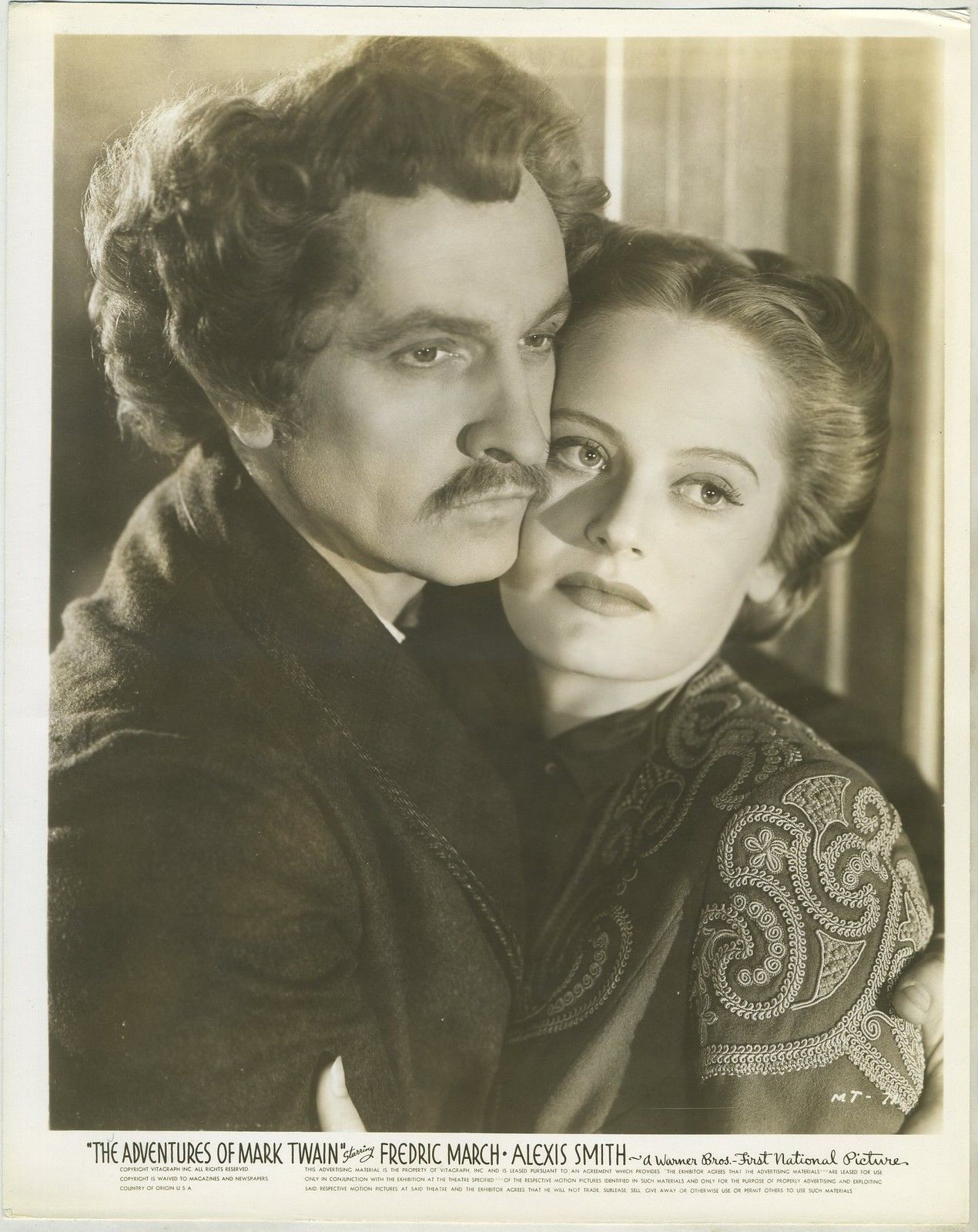
 Amanda S. Stevenson
Amanda S. Stevenson 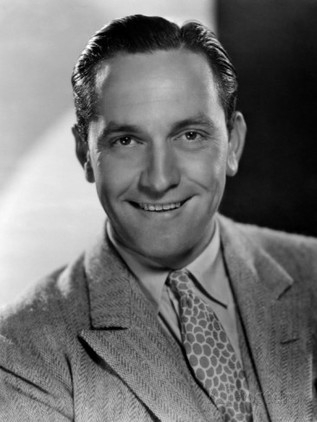
 Amanda S. Stevenson
Amanda S. Stevenson 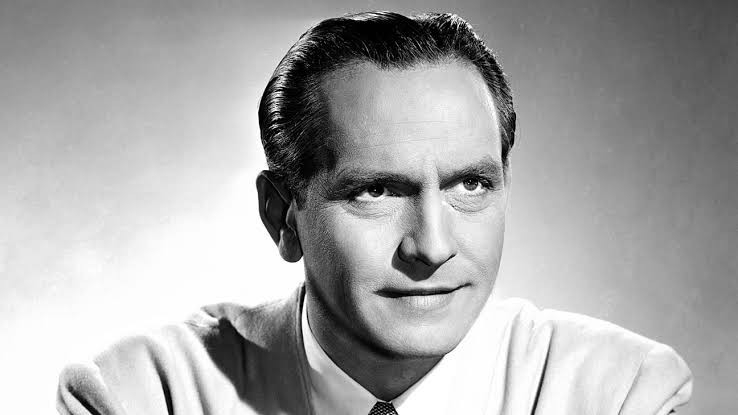
 Amanda S. Stevenson
Amanda S. Stevenson 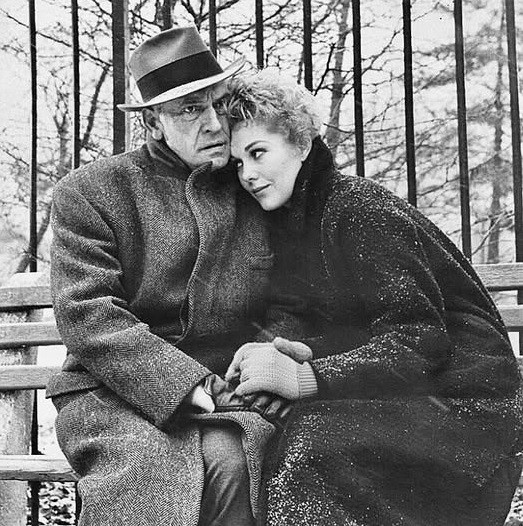
 Amanda S. Stevenson
Amanda S. Stevenson 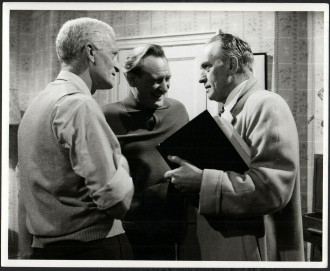
 Amanda S. Stevenson
Amanda S. Stevenson 